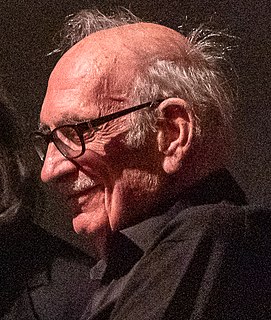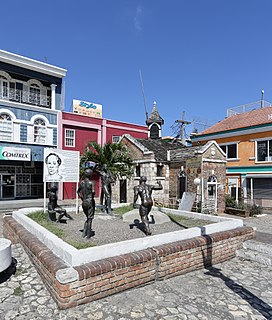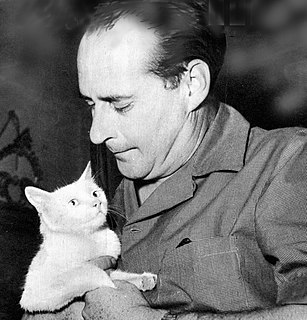A Quote by Benito Mussolini
Thirty centuries of history allow us to look with supreme pity on certain doctrines which are preached beyond the Alps by the descendants of those who were illiterate when Rome had Caesar, Virgil, and Augustus.
Related Quotes
He [Julius Caesar] learned that Alexander , having completed nearly all his conquests by the time he was thirty-two years old, was at an utter loss to know what he should do during the rest of his life, whereat Augustus expressed his surprise that Alexander did not regard it as a greater task to set in order the empire which he had won than to win it.
Human beings of all societies in all periods of history believe that their ideas on the nature of the real world are the most secure, and that their ideas on religion, ethics and justice are the most enlightened. Like us, they think that final knowledge is at last within reach. Like us, they pity the people in earlier ages for not knowing the true facts. Unfailingly, human beings pity their ancestors for being so ignorant and forget that their descendants will pity them for the same reason.
Since the building of Constantinople, and the removal of the seat of government to that city, no political quarrel separated Rome from Egypt. Pagan Rome, ever since the union of the two countries under Augustus, except when interrupted by the rebellions, had been eagerly copying the superstitions of Egypt, and Christian Rome still followed the same course.
Those of us who write and study history are accustomed to its approximations and ambiguities. This is why we do not take literally the tenth-hand reports of frightened and illiterate peasants who claim to have seen miracles or to have had encounters with messiahs and prophets and redeemers who were, like them, mere humans. And this is also why we will never submit to dictation from those who display a fanatical belief in certainty and revelation.
I think certain periods of history don't get dealt with because I think historians, and it's their job, but they look back and look for patterns. They look for sequences and they look for reasons, and certain periods of history don't fit with the general pattern of 1500 to the 20th century, during which there's the creation of the United States. At this time of 1814, two nations who would eventually become close allies were at war with each other, so it doesn't quite fit.
Every spirit builds itself a house; and beyond its house a world; and beyond its world, a heaven. Know then, that the world exists for you. For you is the phenomenon perfect. What we are, that only can we see. All that Adam had, all that Caesar could, you have and can do. Adam called his house, heaven and earth; Caesar called his house, Rome; you perhaps call yours, a cobler's trade; a hundred acres of ploughed land; or a scholar's garret. Yet line for line and point for point, your dominion is as great as theirs, though without fine names. Build, therefore, your own world.
Ever since ROME, OPEN CITY, I have maintained a conscious, determined endeavor to try to understand the world in which I live, in a spirit of humility and respect for the facts and for history. What as the meaning of ROME, OPEN CITY? We were emerging from the tragedy of the war. We had all taken part in it, for we were all its victims. I sought only to picture the essence of things. I had absolutely no interest in telling a romanticized tale along the usual lives of film drama. The actual facts were each more dramatic than any screen cliche.
I went to law school which is a 3-year program in the US that is focused primarily on memorizing certain doctrines and taking exams that test whether you can apply those doctrines to help prepare for the bar exam. If you are lucky, you get a few classes where you are encouraged to think more critically and read critical texts rather than just casebooks, and perhaps write a paper that is not a legal memo or brief.


































